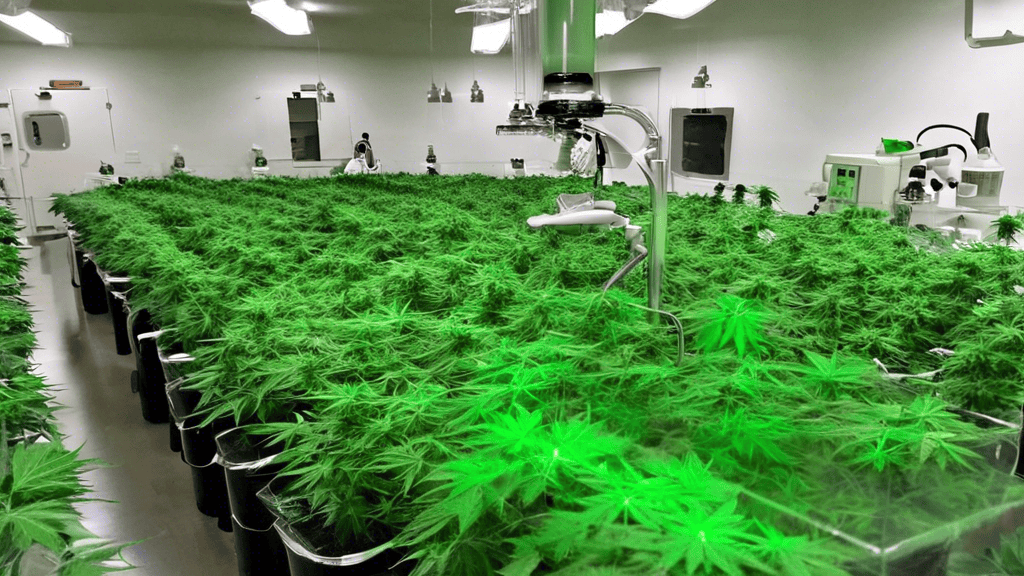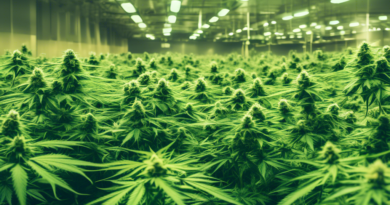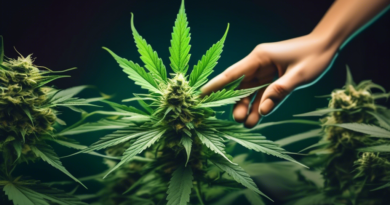Whistleblower Lawsuit Exposes Extensive Fraud in California’s Cannabis Testing Labs, Sparks Regulatory Scrutiny
Whistleblower Exposes Frauds
A former senior official at California’s Department of Cannabis Control (DCC), who served as the deputy director of laboratory services, has filed a whistleblower lawsuit. This lawsuit claims she was terminated for drawing attention to extensive fraud within the state’s cannabis testing labs. The allegations include lab shopping, a practice where cannabis producers choose labs willing to overlook regulatory compliance and falsify testing results to mask harmful contaminants.
The lawsuit shines a spotlight on significant fraud and misconduct within the cannabis testing labs, where compliance measures are routinely bypassed. The official asserts that her concerns about these unethical practices were met with retaliation instead of corrective action, ultimately leading to her dismissal.
Health Risks and Regulatory Failures
An investigation by the *Los Angeles Times* and *WeedWeek* uncovered troubling levels of pesticide contamination in many legal cannabis products in California. Tests revealed dangerous substances like chlorfenapyr, paclobutrazol, and trifloxystrobin, all of which pose serious health risks to consumers. Despite the mounting evidence, the DCC’s failure to regularly update pesticide testing requirements since 2018 has drawn sharp criticism from toxicologists and industry watchdogs.
Private cannabis testing labs have documented multiple instances of contaminated products and have reported their findings to state regulators and the governor’s office. However, these complaints have largely been met with sluggish responses and minimal action. This regulatory inertia has allowed many tainted products to remain on store shelves, potentially endangering public health.
Actions and Efforts to Reform
Facing mounting pressure, the DCC has begun to take corrective measures. They have suspended, denied, or revoked licenses of four cannabis testing labs that were identified as issuing safety certificates for contaminated products. Moreover, the DCC has enlisted a private investigator to scrutinize allegations of policy violations and misconduct within the agency itself. This move aims to address the internal systemic issues that have impeded effective regulation.
Despite these efforts, the effectiveness of the DCC’s regulatory measures remains under scrutiny. In response, several private labs, including Infinite Chemical Analysis Labs and Anresco Laboratories, have expanded their testing capabilities. They now screen for more than the 66 chemicals mandated by state regulations, uncovering additional contaminants and revealing broader issues within the industry.
Retailer’s Independent Initiatives
In the absence of decisive regulatory action, some major cannabis retailers in California have initiated their own safety protocols. They are sending products to reputable labs for further testing and pulling any that fail these tests from their shelves. These initiatives underline the retailers’ commitment to consumer safety, even when faced with regulatory shortcomings.
Meanwhile, several pesticide-tainted vape products have been recalled, but the issue of contaminated products remains prevalent. A comprehensive reform of regulatory processes is imperative to ensure the safety and integrity of California’s legal cannabis market. These ongoing efforts highlight the necessity of stricter oversight and consistent updates to testing requirements to protect public health effectively.




